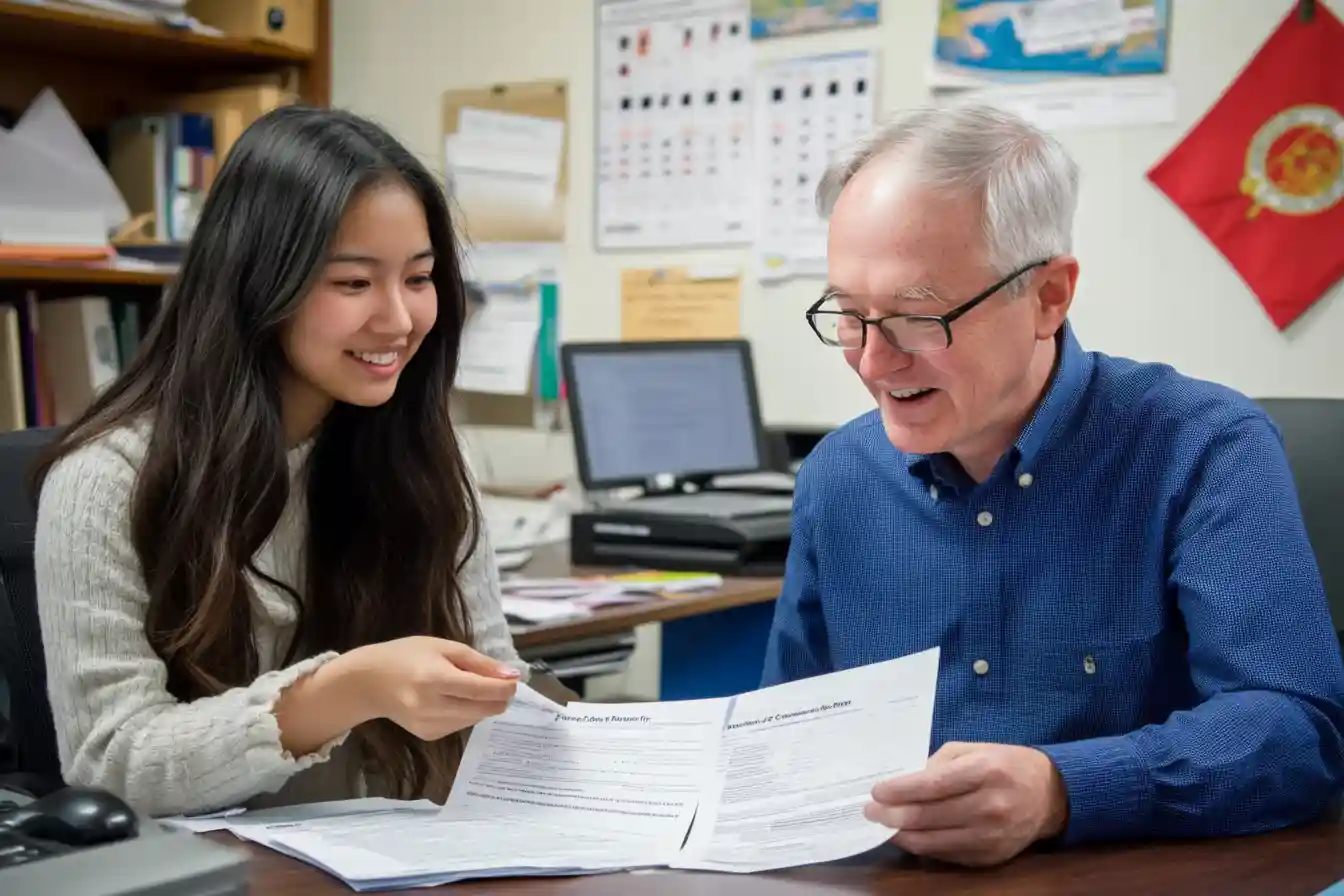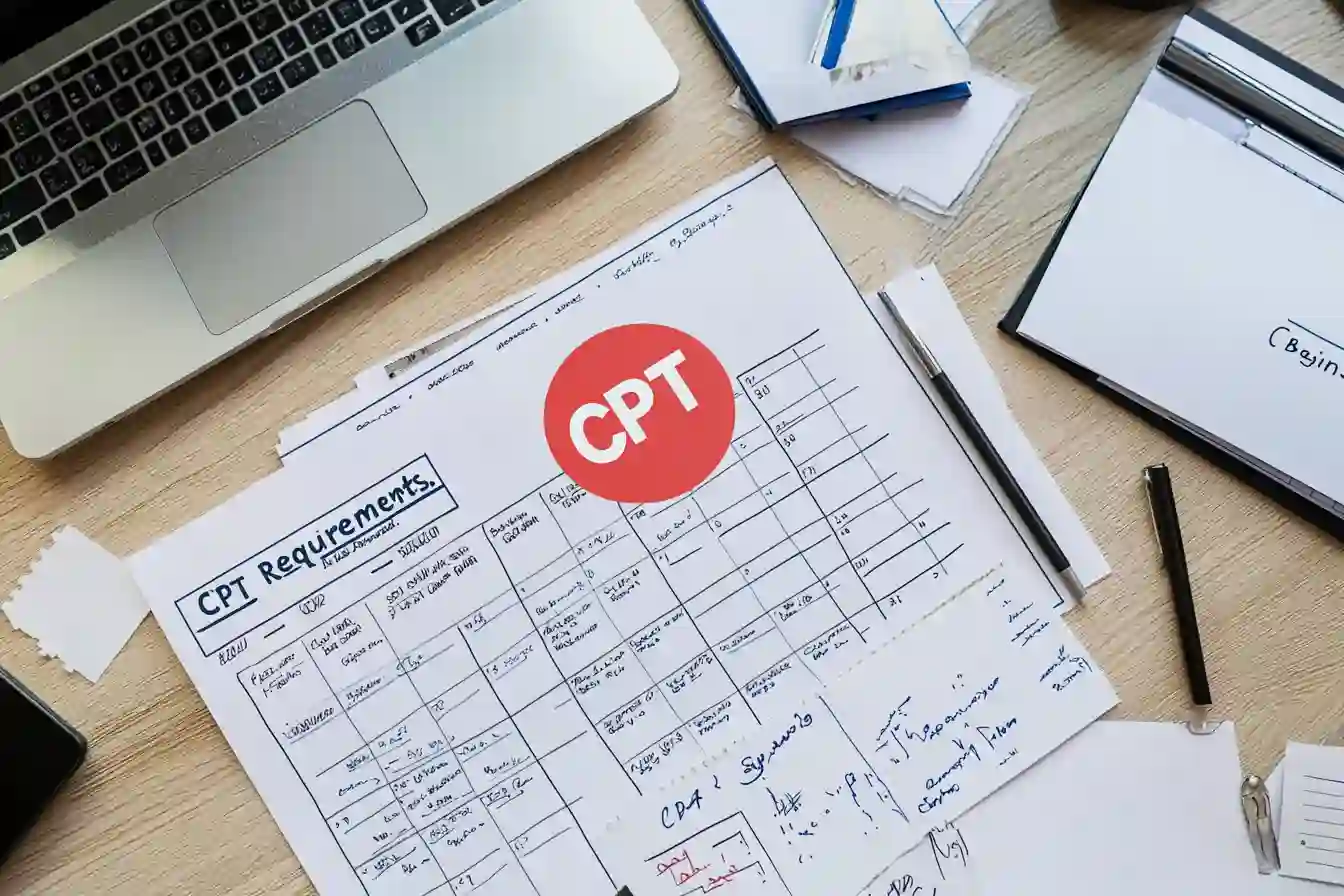What is curricular practical training (CPT)?
CPT allows international students to work off campus in jobs or internships that are an integral part of their academic program. It must be related directly to your major, either for course credit or because your program requires it. CPT helps you turn your academic learning into hands-on professional experience, often while still finishing your degree.
Key facts about CPT:
- Directly tied to academics: CPT cannot be “just any job” – it must be connected to your program’s learning objectives.
- Authorized through your university: You must get CPT approval through your designated school official (DSO) before starting any job.
- Employer-specific: Your CPT authorization will specify your employer’s name, your job description and your employment dates.
- No U.S. Citizenship and Immigration Services (USCIS) application needed: Unlike optional practical training (OPT), CPT is handled internally by your university’s international office, making it faster to get approved.


